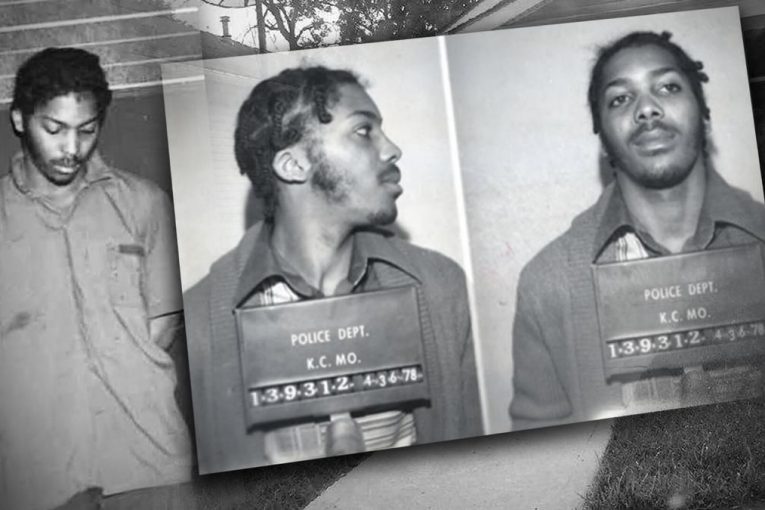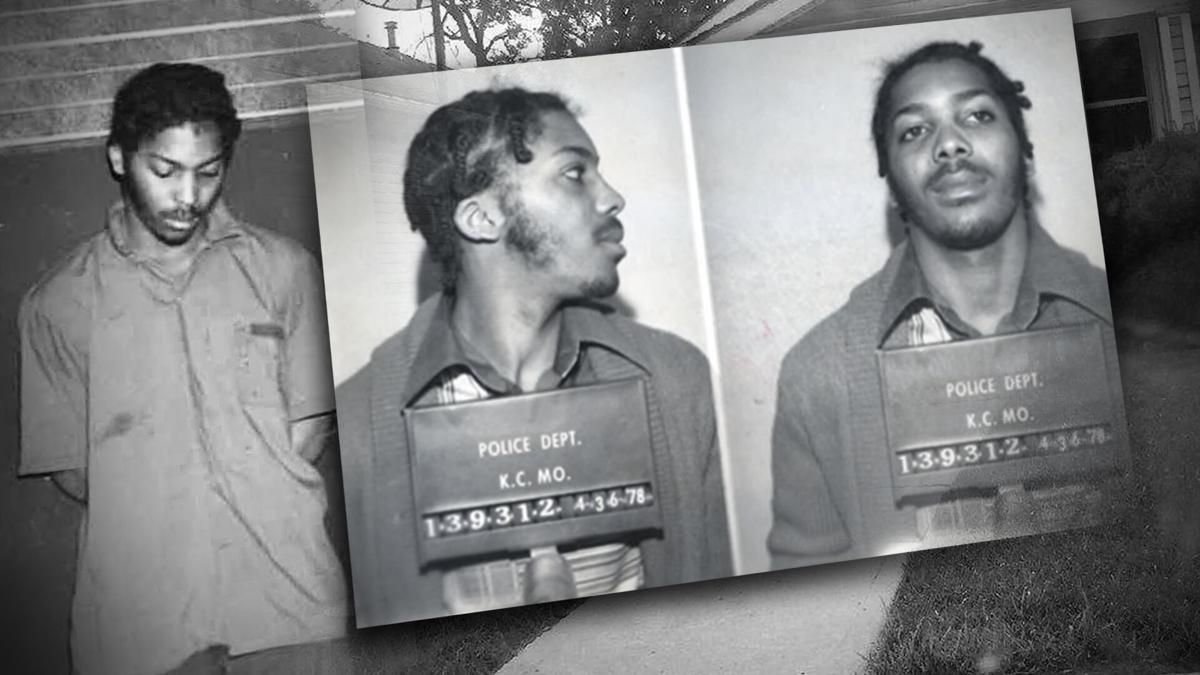

By Carson Eschen
KANSAS CITY, MI – Jean Peters Baker, prosecutor of Jackson County, MI, submitted a motion on Aug. 28 to overturn the conviction of Kevin Strickland, citing “clear and convincing evidence of Strickland’s actual innocence.”
Despite that, Strickland is still in prison because the Missouri Attorney General asked the court for a delay.
Strickland was convicted of one count of capital murder and two counts of second-degree murder in 1979, following mistaken eyewitness testimony given by Cynthia Douglas.
In the case, it was established that four men entered the home of Larry Ingram, a friend of Douglas, on April 25, 1978. On that day, Ingram, Douglas, Sherrie Black, and John Walker were spending the evening together when four men entered the home, restraining them and then killing Ingram, Black, and Walker.
Douglas pretended to be dead from the gunshot wounds she received, but she survived and was discovered by neighbors who called police.
Douglas initially only identified two of the perpetrators, Vincent Bell and Kilm Adkins, to police, but was unable to  identify the other two, despite having known Strickland for two years. Her testimony remained the same for her first official questioning.
identify the other two, despite having known Strickland for two years. Her testimony remained the same for her first official questioning.
Strickland, who knew the Bell family, eventually became a suspect for unclear reasons, though police claimed that his nickname, “Nordy,” had been mentioned on the night of the shooting. When he was taken in for questioning, his cocky and sarcastic comments to police aroused further suspicion.
Meanwhile, Douglas called police and identified Strickland as a possible suspect, following a conversation with a friend who suggested him based on the physical description of the perpetrator’s hair.
Douglas was asked to view a line-up in the police station. However, police, rather than asking her to identify the man with the shotgun, asked her to identify Strickland.
The police also collected physical evidence, but found almost nothing that connected Strickland to the crime. The only exception was a single fingerprint matching Strickland’s that was found on the rearview mirror of Bell’s car, which Strickland had driven previously.
Strickland was convicted after two trials. In the first trial, the jury was unable to reach a verdict, a result the prosecution blamed on the inclusion of at least one Black juror.
In the second trial, the prosecution used its four peremptory strikes on the four Black potential jurors, which the court allowed despite objections by the defense.
Strickland was convicted before a white judge by an all-white jury, on the basis of very weak physical evidence and a belated identification by a single witness.
The conviction was also in spite of the testimony of multiple witnesses, including his girlfriend, his brother, and Kilm Adkins’s mother, that placed Strickland’s whereabouts away from the other perpetrators.
The perpetrators Adkins and Bell, who each pled guilty to three charges of second-degree murder, also swore that Strickland was not at the house at the night of the shooting.
Douglas realized her mistaken identification later that year, 1979, and discussed with her family what she should do over many years.
In 2009, she emailed the Midwest Innocence Project in hopes of helping Strickland. The Innocence Project declined to help, as they only accept requests by convicted persons themselves.
Douglas died in 2015, but her friends and family firmly believe that she wished to recant her testimony.
Baker, in her motion, also noted the high unreliability of eyewitness testimony, especially given Douglas’s particular circumstances. Not only was the event unimaginably stressful, but Douglas and her friends had been under the effects of alcohol and marijuana on the night in question.
Between the unreliable testimony and a lack of convincing physical evidence, prosecutor Baker advocated for the release of Strickland.
However, Strickland’s release has been opposed by the Missouri Attorney General’s Office, which asserts his guilt and claims Douglas was offered a bribe to “keep her mouth shut,” per what one witness said to police.
Strickland still remains imprisoned and was prevented from attending his mother’s funeral earlier this week, despite hopes that he would get a hearing and be released just in time.
This follows an emergency filing by the Missouri Attorney General’s Office for more time to prepare, despite Baker signaling his intent for the hearing since June.


One learns every day here… knew about Kansas City, KS; Kansas City MO… now I know there is a Kansas City, MI… as stated twice in the piece.
Why the Missouri State AG got involved is a bit of a puzzlement…
Would have been even stranger if the Michigan State AG had got involved.
Give it time… they might…
Seriously…
Given the prosecutor being convinced, the MO State AG, shouldn’t be hanging on to the conviction no ‘mo.